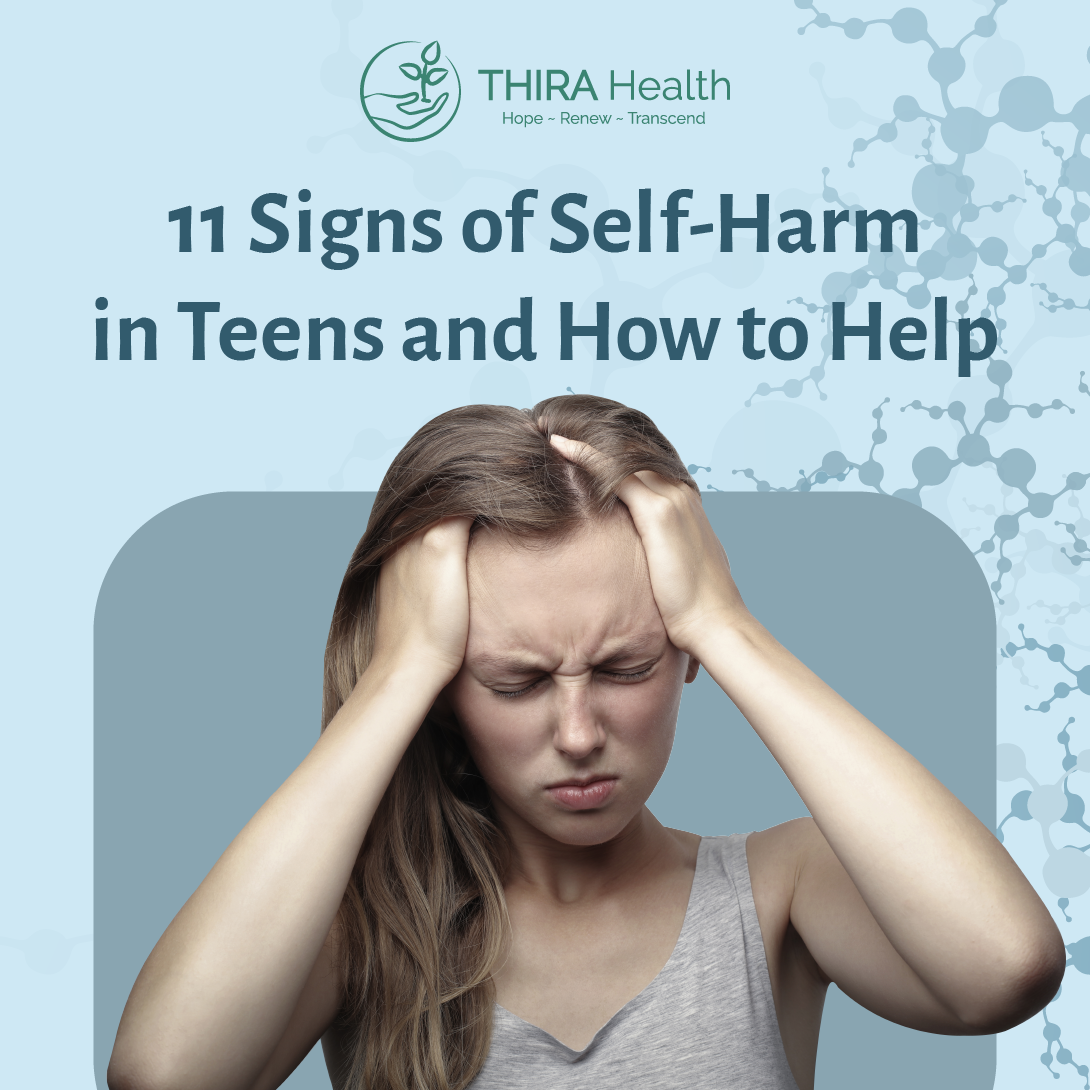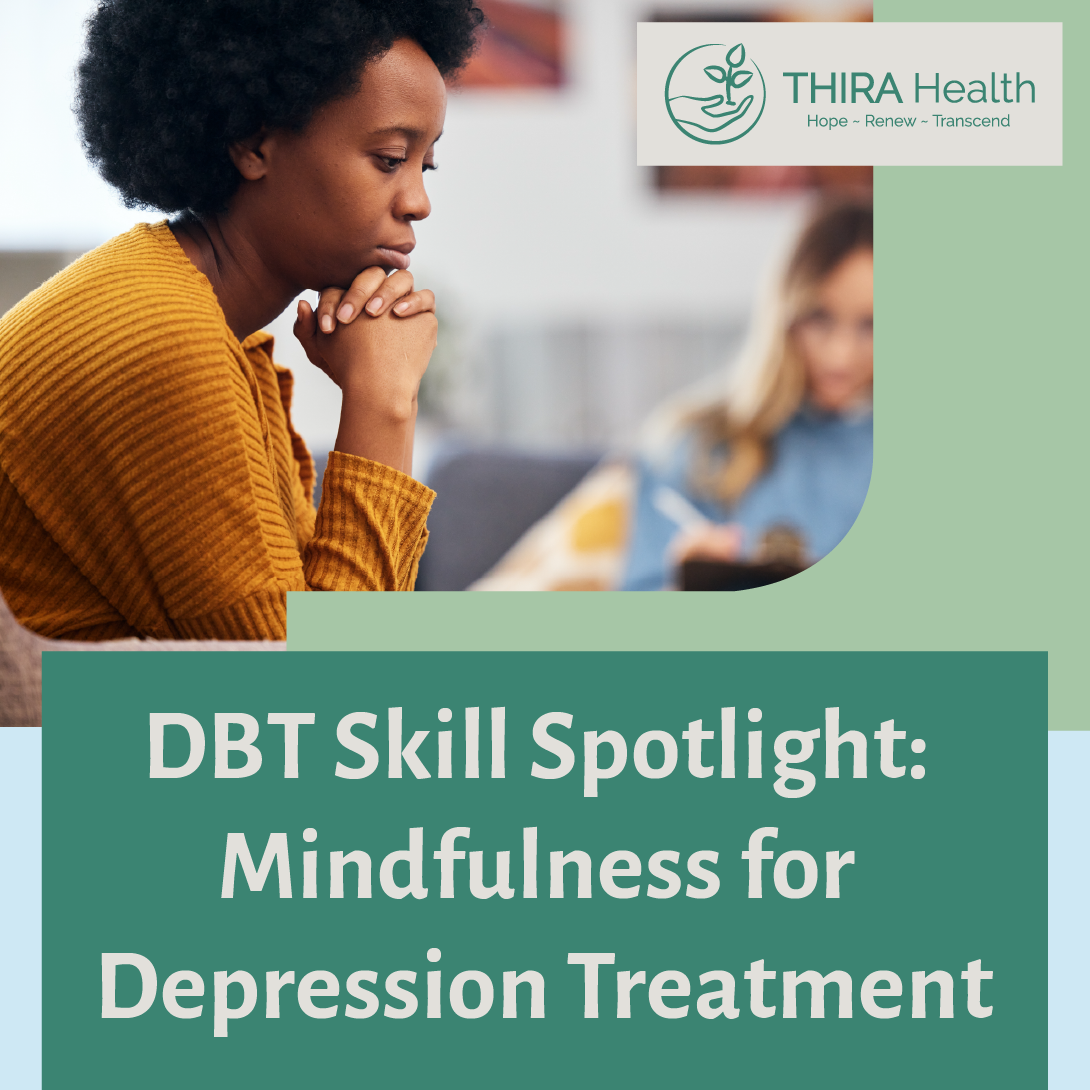Summer in Seattle and the Pacific Northwest, in general, can feel much different than in other parts of the country. While many people want to experience as much outdoor activity as possible while the sun is shining, the air is warm, and the rain has (temporarily) abated, for others, it’s just the opposite. They long for days spent indoors and the contrast of cold outside and the warmth offered by sipping their favorite coffee or tea and curling up in a cozy blanket. For others, weather is the lesser relevant part of their discontent but the impact of body image concerns and disrupted schedules. In short for some, summer does not feel like a gift, but rather something to be endured.
For those who only tolerate summers, there can be many reasons why summers feel more “blah” than exciting. For some of us, summer has a way of highlighting our low mood or stagnation in ways that can generate a sense of unease or discomfort. These feelings may arise when you hear about someone’s summer plans or watch people frolic in the PNW sun; however, difficulties with emotions or mood can happen at any season, and summer is not always everyone’s favorite time of year. It’s also helpful to keep in mind that Seasonal Affective Disorder can occur for people in the summer and not just in the winter.
Have you been feeling more depressed this summer despite your best efforts? You are not alone! Whatever the reason this season isn’t sitting quite right with you, there are ways to help manage stress and care for your mental health.
Check In with Your Goals
One of your most valuable tools is shining a spotlight on your own desires. In the Pacific Northwest, a lot of attention goes to hiking, camping, and outdoor sports, but you can live here and not like any of these things. Maybe your idea of a perfect summer day is sitting in front of a fan, curled up with a good book, playing video games, or bingeing a favorite TV show. As you structure your summer plans, it is helpful to take inventory of what you actually like to do and know that it might be the same in the winter as the summer. There’s nothing wrong with that, and it’s nothing to feel shame about. We like what we like, and should never apologize for it.
As you try to create steps towards your goals, you may not feel motivated to do what you typically enjoy. This listlessness can be a sign of depression, or it could be due to feeling out of touch after having a long year facing the pandemic. Using the DBT emotional regulation skill of “Opposite Action,” behaving in a manner opposite of how you are feeling can provide an opportunity to try new things.
Manage Expectations
As a society, we can sometimes carry the childlike dream of summer vacation as an answer to all of our problems. In the winter, we are more tolerant of a slowed pace or depressed mood, and often blame difficult feelings on the weather. However, when the sun comes out and you notice you’re still feeling the same way, it can be unsettling.
Summer cannot be the answer to all of life’s problems, and life certainly does not slow down in terms of responsibilities during this time for many of us. In fact, children being out of school can create more tasks as parents scramble to find summer activities to keep them occupied or adjust to the return of college-age youth. Instead of raging against it, accept how you are feeling in the moment, even if it doesn’t match the weather outside. With acceptance, there is less pressure to make the summer “perfect,” and you can allow yourself the space to tune into your needs.
Tips for Tolerating Warmer Months
Instead of comparing yourself to others this summer or closing yourself off in isolation, experiment with new ways to care for yourself. If you’ve identified that you are someone who struggles more in the summer, here are some tips to help:
- Create a Dialogue – There can be a sense of shame in this area for not making the most of the season, making it difficult to talk about how you feel. Being more open about how you’re feeling this summer, no matter the reason, will help you better understand yourself and allow others to better understand you. Conversations like these can help build knowledge on what you need this season. Who knows, you may even find others who feel the way you do.
- Combat the Weather – For many people, the heat or the abundance of light can significantly impact your mood. Finding a place with A/C to hang out in during the summer or investing in some black-out curtains can help improve weather-related mood concerns. If the outdoors are your thing, you might like finding a cool lake to swim in to beat the heat.
- Build Connection – Going to a summer barbeque or hiking a trail may not fit in your wish list this season, but it’s still essential to have some interactions with others. Find avenues you feel comfortable being social in, whether chatting with a friend online or inviting someone over for movies and pizza. Finding ways to nurture your connections in ways that feel good for you is vital to your summer mental health.
- Seek Support – If you notice symptoms of depression, seasonal or otherwise, don’t wait to reach out. Major Depressive Disorder can be incredibly debilitating and is difficult to take on by yourself. Establishing yourself in a supportive environment with a built-in community and trained clinicians can make all the difference as you deal with severe depression.
THIRA Health is here to help women, girls, & female-aligned individuals learn to cope with their extreme emotions as they start their journey to recovery from the challenges of eating disorders, anxiety, depression, and self-harm. If focusing on your mental health is your goal for this summer, please contact us today. We are available to answer questions about how we can best address your needs, and we hope everyone takes what they need this summer season.






